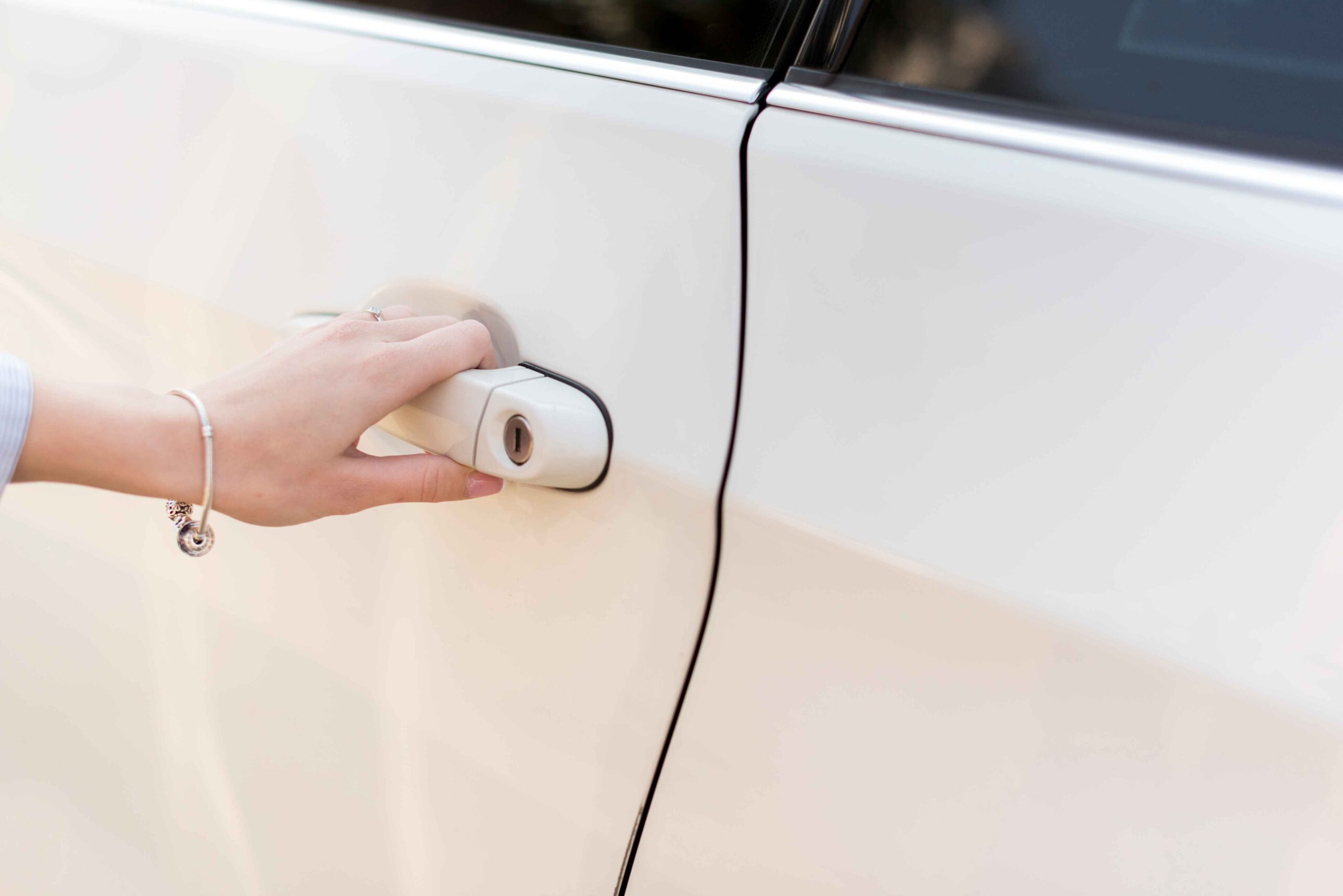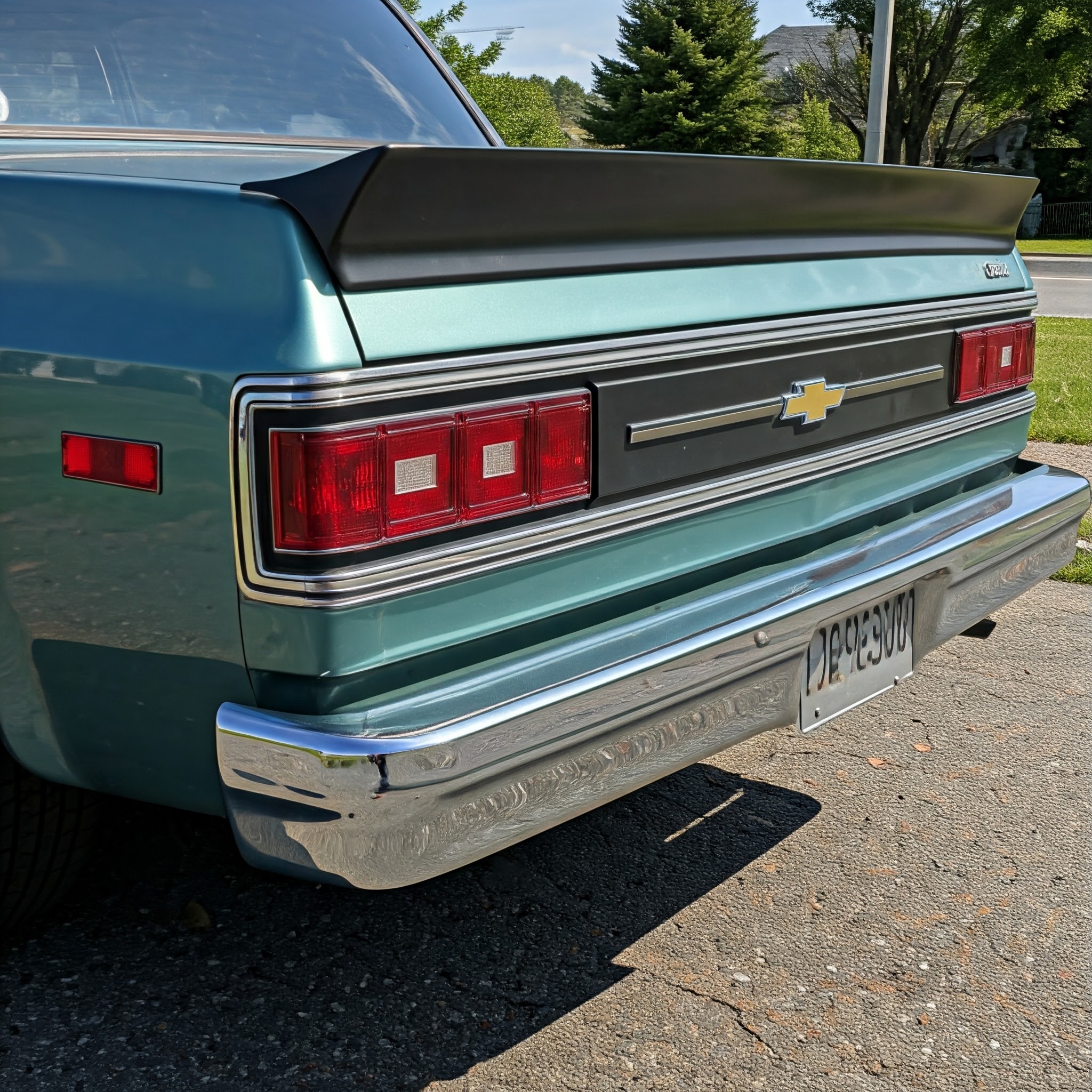You might feel a bit confused if you’ve noticed your VTM-4 Honda Pilot system engaging. Don’t worry, you’re not alone! This system is built to help you drive in tough conditions like snow, mud, or rain. But when it engages unexpectedly, it can leave you wondering what’s wrong.
In this guide, we’ll study why the VTM-4 system activates and how you can troubleshoot it step by step. You’ll know what to do by the end whether it’s an easy fix or something requiring expert help.
What Does VTM-4 Mean on a Honda Pilot?
The VTM-4 system, or Variable Torque Management 4-Wheel Drive, helps your car get better traction. It sends power to the rear wheels when the front ones slip. For example, if you’re on a snowy road, the system ensures you don’t lose control.
So, why is it engaging? There are a few common reasons:
- Slippery roads where the system activates to keep you safe.
- A malfunction in the VTM-4 system.
- Wiring or sensor issues.
This system is great for keeping your car stable. But when it acts up, it’s time to take a closer look.
Why Are My Honda Pilot Engine Light and VTM 4 Lights On?
If both the Honda Pilot engine light and VTM 4 lights are on, your car is trying to tell you something. When they show up together, it often means a deeper problem.
Let’s break it down:
| Symptom | Possible Cause | What You Should Do |
| Both lights on | Problem with the engine or drivetrain | Check for engine error codes |
| VTM-4 light blinking | Traction issue detected | Let the car rest and restart |
| Lights on after rough driving | Overheating or low fluid levels | Check fluid; allow cooling |
| Flickering lights | Loose wires or faulty sensors | Inspect and secure connections |
| Both lights after bad weather | Sensor malfunction due to moisture | Dry the sensors; test the system |
Pro Tip: Always start by checking your owner’s manual. It may provide quick tips specific to your car.
How to Turn Off VTM-4 Honda Pilot
If your VTM-4 light stays on, you might wonder how to turn it off. It’s easy to do:
- Find the Button: Look near the gear shifter or dashboard.
- Stop the Car: Make sure you’re in the park or neutral.
- Press and Hold: Hold the VTM-4 button for a few seconds.
- Check the Light: It should turn off.
If the light doesn’t turn off, it could mean a bigger issue. At this point, consider consulting a mechanic.
Common Reasons for VTM-4 Activation
Sometimes, the system activates even when you don’t expect it. Here are the usual causes and fixes:
- Low Transmission Fluid
- If the fluid is low, the system struggles to function.
- Check the fluid level and top it up if needed.
- Sensor Problems
- Sensors detect traction needs. When they fail, the system activates incorrectly.
- Clean the sensors or replace faulty ones.
- Driving in Bad Weather
- Snow, rain, or mud can trigger the system.
- Drive cautiously and allow the system to reset.
How to Prevent Issues with Your VTM-4 Honda Pilot
Taking care of your car helps you avoid unnecessary problems. Here’s how to keep the VTM-4 system in good shape:
- Stick to Maintenance Schedules: Regular service checks catch problems early.
- Inspect the Tires: Uneven tires confuse the system. Rotate them often.
- Change Fluids On Time: Old or low fluids cause the system to overwork.
- Avoid Aggressive Driving: Sudden acceleration can strain the system.
Did You Know?
Using the wrong tire size on your Honda Pilot can cause the VTM-4 system to engage unnecessarily. Always match tire sizes!
Signs You Shouldn’t Ignore
If you notice these signs, take action right away:
- Constant VTM-4 Activation
- The system might be stuck in active mode.
- Strange Noises
- Clicking or grinding sounds can indicate mechanical issues.
- Poor Fuel Efficiency
- A malfunctioning system uses more fuel.
Troubleshooting at a Glance
Here’s a quick guide to common issues:
| Problem | What to Check |
| Light stays on | Sensors, fluid levels |
| Light blinks | Traction control; restart car |
| Poor handling | Tires, alignment |
| Low fuel efficiency | System overworking; check fluids |
| Noisy operation | Mechanical components or bearings |
What Happens If You Ignore the VTM-4 Honda Pilot Light?
Ignoring the VTM-4 Honda Pilot light may seem like no big deal, but it can cause serious problems over time. The system is there to manage your vehicle’s torque for safe driving in challenging conditions.
If the light stays on and you don’t address the issue, the system may eventually stop working. This failure can make driving dangerous, especially on slippery or uneven roads.
Additionally, when the system isn’t functioning properly, your car’s engine and drivetrain work harder. This increases fuel consumption and puts more stress on other parts, which can lead to costly repairs. Over time, what could have been a quick fix may turn into an expensive problem. It’s always better to act early and get the issue checked to avoid long-term damage.
Can You Prevent VTM-4 Honda Pilot Problems with Simple Steps?
Yes, absolutely! Preventing issues with the VTM-4 Honda Pilot is easier than you think. First, focus on your tires. Uneven tire wear or mismatched sizes can confuse the system and cause it to engage unnecessarily.
Rotating your tires regularly and ensuring they match in size and tread can prevent this problem.
Second, drive carefully, especially in bad weather. Avoid sudden acceleration, hard braking, or sharp turns, as these can strain the system. Third, check for leaks under the car.
Leaks can lower fluid levels, which affects how well the VTM-4 system performs. Finally, after driving in mud, snow, or rain, take a moment to clean your wheels. Built-up debris can interfere with the sensors.
By following these simple steps, you can keep your VTM-4 system healthy and avoid unexpected repairs. A little effort now saves a lot of trouble later.
Final Thoughts
The VTM-4 Honda Pilot system is an amazing feature for safety and stability. But when it engages unexpectedly, it can feel frustrating. By following these steps, you can identify and fix the issue quickly.
If you’re still unsure, reach out to OEM Car Part. Their team can help you find the right parts and solutions for your Honda Pilot. Keeping your car in top shape has never been easier!
FAQs
It’s a feature that improves traction by distributing power to all four wheels when needed.
Both lights usually signal engine or drivetrain problems, like low fluids or sensor issues.
Stop the car, press and hold the VTM-4 button for a few seconds, and the light should go off.
It’s fine if you’re driving on slippery roads. If it stays on constantly, get it checked.
Basic fixes like topping up fluids or cleaning sensors are doable. For complex issues, consult a mechanic.







